

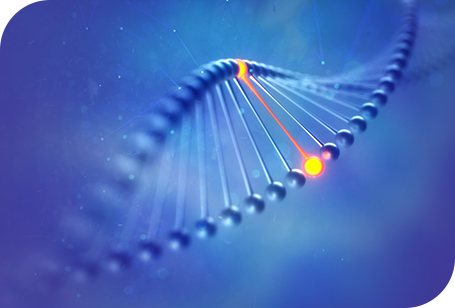
Through the reconstruction of metabolic pathways and the design of cell factories, synthetic biology can:
is widely regarded as one of the disruptive scientific and technological advancements that will change the future, with the potential to lead a new industrial revolution.
synthetic biology can design powerful metabolic pathways to degrade persistent organic pollutants.
it may offer better diagnostic and therapeutic solutions for genetic and complex diseases, and offer customized tissues and organs for regenerative medicine.
it can develop DNA storage technology, breaking through the limitations of existing storage technologies.
it can help protect and restore, rather than destroy, biological systems.
it may provide solutions for the efficient conversion of abundant, low-quality biomass, enabling sustainable green energy and a circular economy.
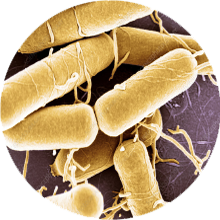
1.Gram-positive bacteria, FDA-certified GRAS strains
2.Used for efficient expression of amylase, protease, pullulanase, etc.
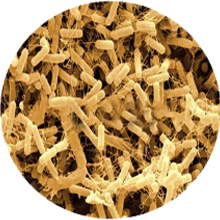
1.Gram-positive bacteria, FDA-certified GRAS strains
2.Used for efficient expression of amylase, protease, glucanase, etc.

1.FDA-certified GRAS strains
2.Used for efficient expression of phytase, xylanase, glucoamylase, etc.
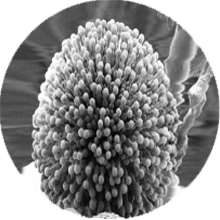
1.FDA-certified GRAS strains
2.Used for efficient expression of proteases, lipases, amylases, etc.
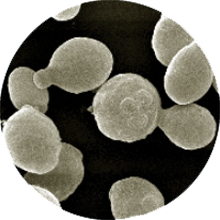
1.FDA-certified GRAS strains
2.Used for efficient expression of amylases, proteases, xylanases, etc.
© Bestzyme. All rights reserved.